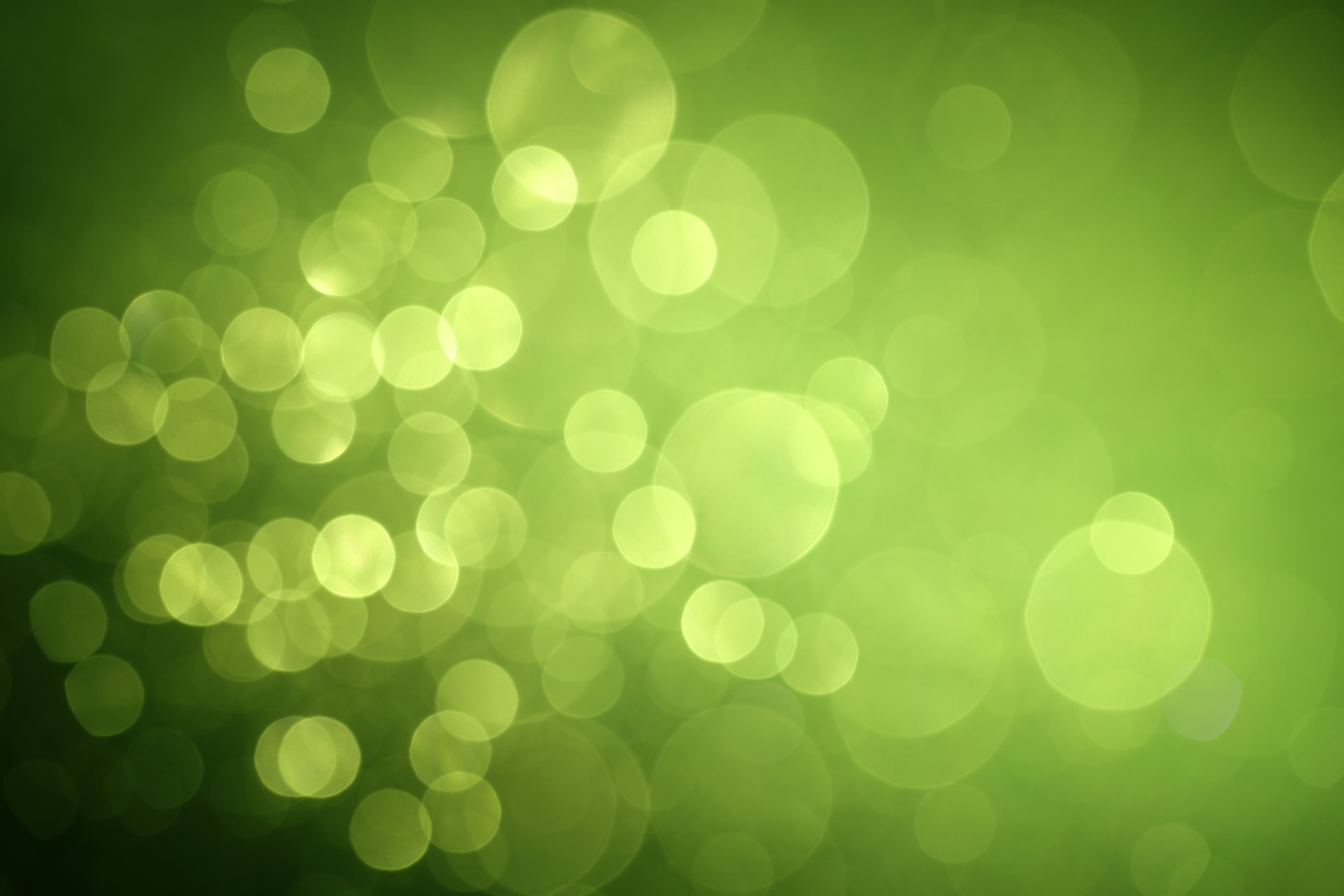Taiwan Highlights
Hi guys, this is Jeremy. I believe those who viewed this might be interested in Taiwanese culture, and the information might also be beneficial when travelling in Taiwan. When people asked or tried to understand my culture, I would think it was a little bit hard to explain in English to some extent because Chinese is profound. Therefore, I attempted to establish a page in my blog to let you guys comprehend it. If you discover any mistakes or have any doubts, please don't hesitate to contact me.
Furthermore, this page doesn't include all the details regarding Taiwan, so if you enjoy reading more, feel free to contact me to add more. Also, thanks to the videos I have watched about diverse cultures, that inspire me to tell cultural stories in different ways.
Let's get started!
Daily life:
- Taiwan invented the bubble milk tea/boba tea.
- Some other popular Taiwanese food and snacks, such as pineapple cakes, sticky tofu, and oyster omelette.
- Taiwan is the first Asian country passed the homosexual marriage.
Songs and videos:
- KKBOX (established in Taiwan) focuses on regions in Taiwan, Japan, Hong Kong, Malaysia, and Singapore.
- Steve Chen is one of the founders of YouTube (Taiwanese-American).
- Mandarin pop (Mandopop) (mostly represents the language and use in different regions, e.g., Taiwanese Mandarin songs.)
- Taiwanese pop (T-Pop) (Taiwanese songs)
Dramas (The classification in the Taiwanese drama market)
- Taiwanese dramas (produced in Taiwan, broadly include the ones in Mandarin-speaking and Taiwanese-speaking.)
Main languages & dialects:
Chinese
- People who mainly speak in Taiwan, Hong Kong, Macau, China, Malaysia, and Singapore. It also includes the characters (Traditional Chinese & Simplified Chinese). When you use Google Translate, you can see it classifies Chinese as Chinese (Traditional) and Chinese (Simplified). Some people may wonder the differences between these two languages and characters. In fact, Taiwanese people can use Chinese to communicate with Chinese people. However, Chinese (Traditional) and Chinese (Simplified) have slight differences (e.g., 謝謝 & 谢谢) in character typing and terms. For example, videos in Taiwan (Traditional Chinese) is 「影片」,but in China (Simplified Chinese) is 「视频」。Therefore, these two characters can be concluded the ways of typing Chinese characters and the term differences.
Mandarin (Language/Chinese dialect)
- Mostly represents the language used in a specific region. For example, Chinese Mandarin (Chinese in China) and Taiwanese Mandarin (Chinese in Taiwan). Lingually, it is a language. Culturally, it is a dialect (Chinese group).
Chinese vs. Mandarin
- When Taiwanese people take tests or encounter any situations, we'll choose either Chinese or Mandarin (first language/country language), depending on what appears on the system.
- The way Taiwanese people type Chinese characters: Mandarin phonetic symbols (ㄅㄆㄇㄈ…) (only Taiwanese people use this way to type Traditional Chinese characters)
- Chinese characters in Taiwan: Traditional Chinese (are used in Taiwan, Hong Kong, and Macau.)
Taiwanese (Language / Chinese dialect)
- Culturally, Taiwanese is a dialect (Chinese group). Lingually, it is a language. Actually, Taiwanese originates from Hokkien (one of the provinces in China called Fujian uses it), and it is usually called Taiwanese Hokkien. However, according to the Japanese colonized period and the terms that have been developed in Taiwan, Taiwanese Hokkien combines the elements of Hokkien, Japanese, and Taiwanese style of saying. Therefore, in 2024, Taiwanese Ministry of Education attains a formal name from Taiwanese Hokkien to "Taiwanese."
- Taiwanese people can use this language / dialect to communicate with people in Fujian province and maybe use some terms to communicate with Japanese people. Taiwanese has developed for years and some Taiwanese terms Taiwanese people usually use are different from Fujian people, so maybe Fujian people can know Taiwanese to some extent but not all of it. The interesting thing is some Taiwanese terms originate from Japanese (see Others).
Other languages Taiwanese people usually learn or can speak:
- English [Taiwanese people mainly learn American English, but the tests like TOEIC (American +British) and IELTS (British) include British English.]
- Japanese (The country last colonized Taiwan, and some elderly had experienced the Japanese colonial period, so most of them can speak. It's also one of the languages Taiwanese people usually learn to understand and respect the Taiwanese elderly.)
Others:
- Taiwanese people mostly say we have a Chinese name, and we speak Chinese / Mandarin (Chinese that is spoken in a specific region).
- Taiwan's first / country language: Mandarin | Taiwan's second language: Taiwanese | Taiwan's mother tongues: Taiwanese, Hakka, Indigenous Languages
- Mandarin (Taiwanese Mandarin) and Taiwanese have some words and pronunciations originating from English and Japanese. For example,
- 「巧克力」 in Taiwanese Mandarin originates from the English word "chocolate."
- 「摩托車」in Taiwanese Mandarin pronounces in Taiwanese is 「烏肚䆀 oo-tóo-bái」that originates from Japanese "オートバイ(ootobai)." The interest thing is 摩托車 pronounces in Taiwanese (oo-tóo-bái) is also similar to Korean.
- Based on my observations, Taiwanese people usually watch Taiwanese / Chinese / Hong Kong (Cantonese) / Japanese /Korean /Thai / Western countries' dramas.
Recap:
- Chinese [include characters, spoken languages (e.g., Mandarin, Taiwanese, Cantonese), and more]
- Lingually, Mandarin is a language, and Taiwanese Mandarin is a dialect. Culturally, Mandarin is a Chinese dialect (Chinese group)
- When travelling to Taiwan and needing to ask for help, you can open Translation Apps to search "Chinese (Traditional)" or "Chinese (Mandarin, Traditional)"
- Our first language is Mandarin; Our second language (mother tongue) is Taiwanese
- Taiwan applies "Mandarin Phonetic Symbols" to type "Traditional Chinese Characters;" Hong Kong and Macau apply "Cantonese Romanisation" to type "Traditional Chinese Characters;" China, Malaysia, Singapore apply "Chinese Romanisation" to type "Simplified Chinese Characters"


